Are you ready for Tomorrow’s Engineers Week 2018? It runs from Monday 5 November until Friday 9 November and it’s a great opportunity to make engineering central to your teaching. Well, every day is a great opportunity to do that, so here are five of our favourite engineering innovators, each sharing lots of activities, which means that you can celebrate during TEW18 and beyond!
1. The James Dyson Foundation Challenges
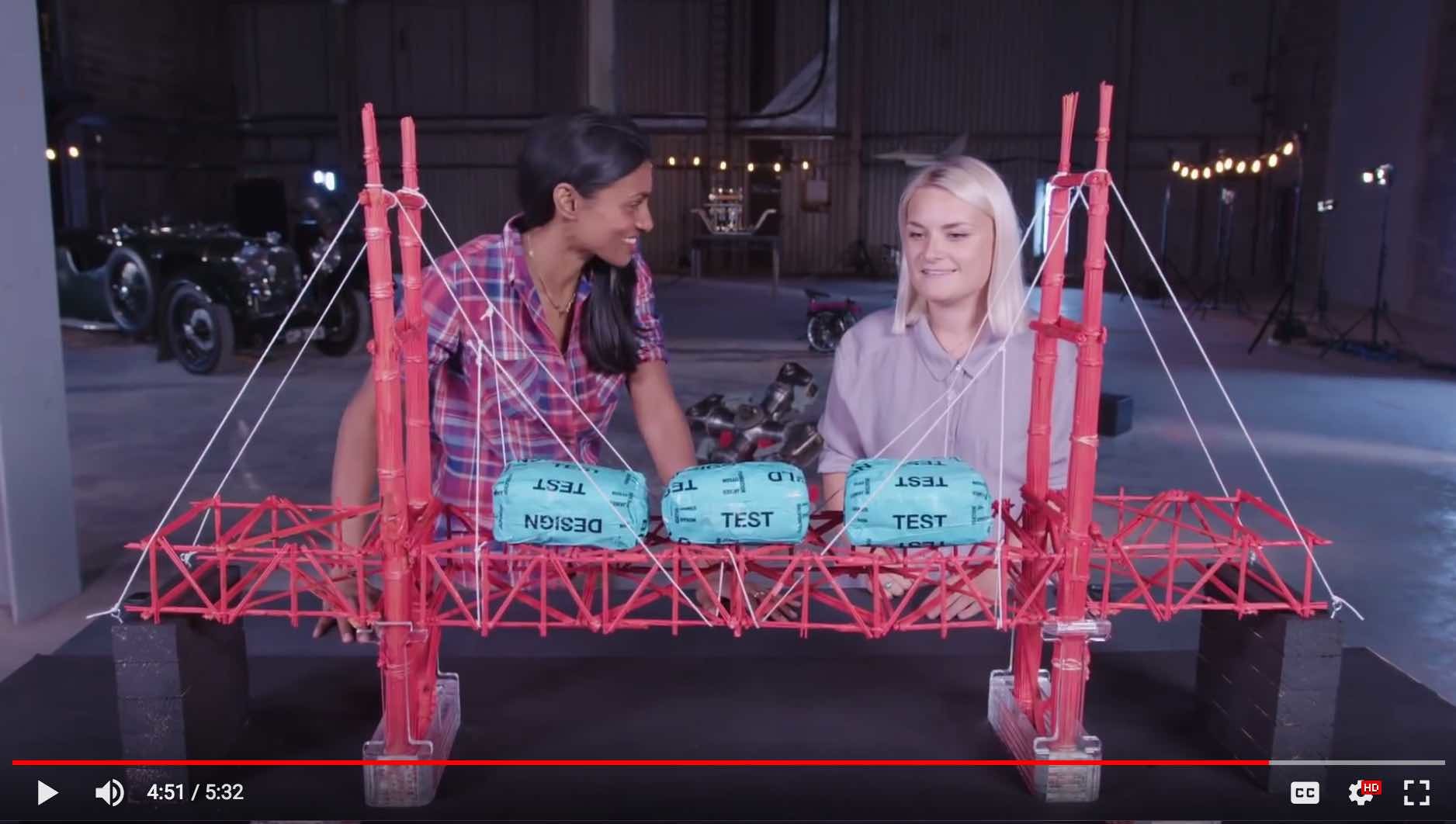
Full marks to the James Dyson Foundation for bringing the essence of engineering to the classroom with fun challenges – but there’s so much more to this resource than that.
If you are looking for….
– engineering challenges that are clearly explained, using equipment you can find in class
– videos of young female and male engineers talking about and then trying the challenges themselves and
– direct comparisons with real-world engineering
then you’ve come to the right place. I love the videos, brilliantly presented by mechanical engineer Shanice O Mara. Whilst some of the content may be a little difficult for KS2, the animations and the interactions with fellow engineers are great, so I’d play the whole inspiring lot before starting the challenges in class.
The link is here, but you need to scroll past the ‘download challenge card’ button to see the videos – you can download the cards when you’re ready to go:
https://www.jamesdysonfoundation.co.uk/resources/challenge-cards.html
2. OK Go Sandbox
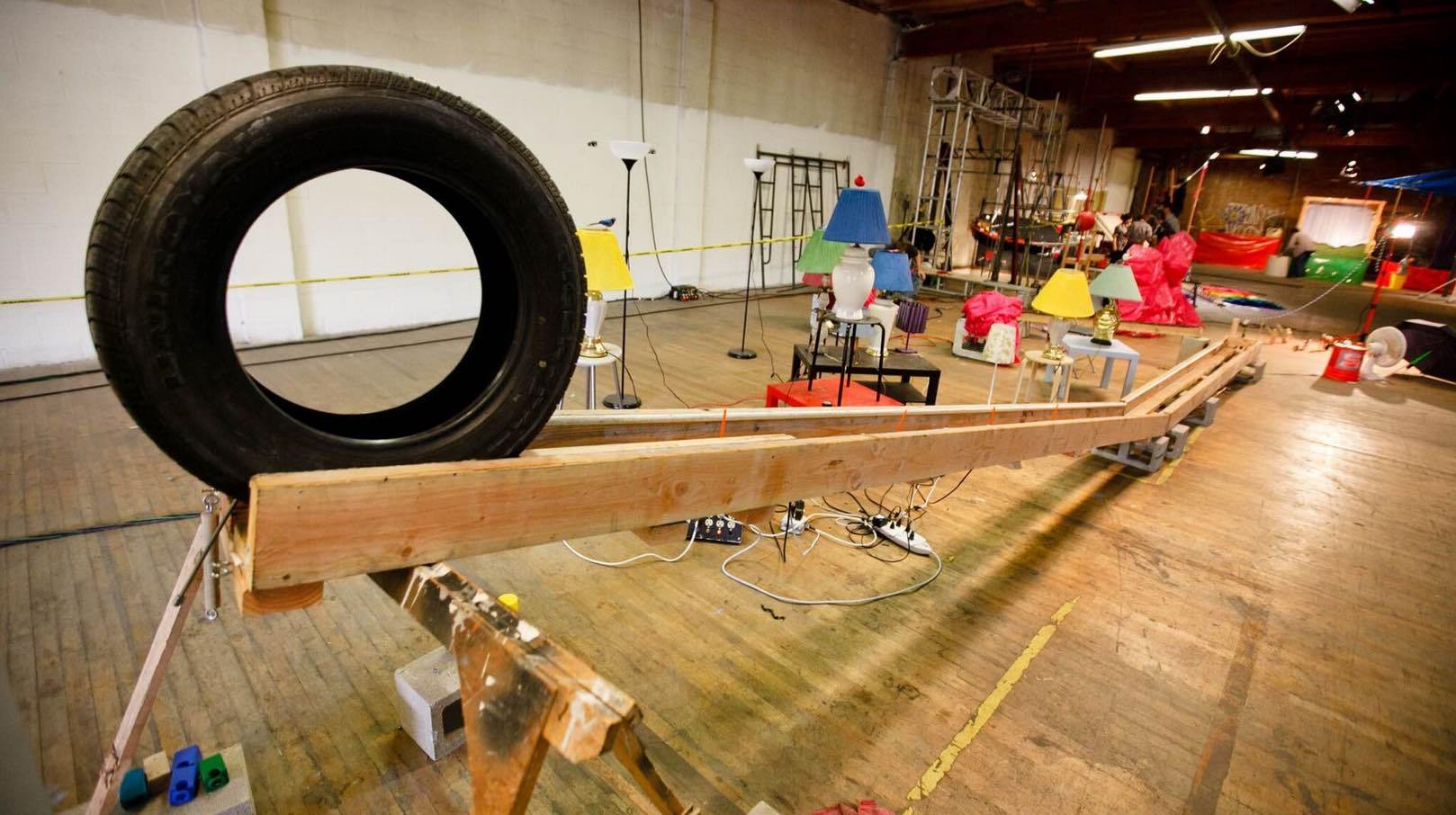
OK Go is an American rock band, and the best place to start with OK Go is to watch their amazing videos. My favourite changes every time I watch them, but this one, which was recorded in 4 seconds but plays out in 4 minutes, is pretty special:
https://www.youtube.com/watch?v=QvW61K2s0tA
OK Go Sandbox is the band’s initiative to develop education resources around their videos. Many of these resources are more suited to secondary schools than primary, but some are perfect for primary. This one looks at machines and one of the challenges is to build a chain reaction machine:
https://okgosandbox.org/this-too-shall-pass
On the same page there is a challenge to make music with water-filled glasses. I love the idea of a water-filled glass orchestra – surely there’s time to incorporate that into the Christmas concert?
3. Practical Action Schools
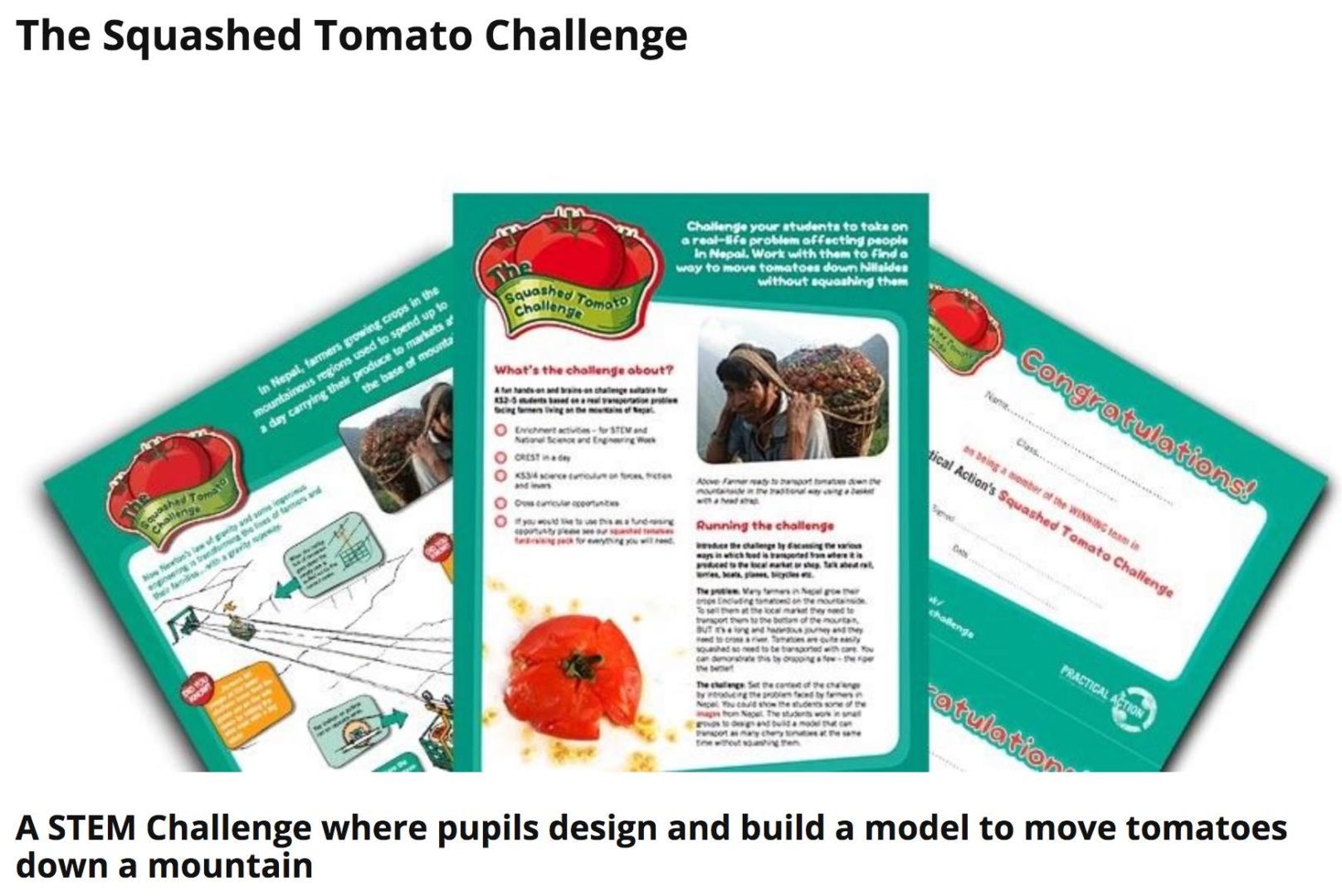
Practical Action Schools provides brilliant free resources that highlight how STEM can be used to tackle global problems. Most importantly, it works with people in poverty, supporting them to use technology to find sustainable solutions to their problems. Every resource is linked to a real issue somewhere in the world, so pupils learn not only more about how engineering is used, but about its cultural and social significance, and the fact that it can change lives.
There are so many resources to choose from that it’s difficult to recommend just one – their top ten is here :
https://practicalaction.org/top-ten
For me, a great idea for TW18 is the Squashed Tomato Challenge, and it’s available in Welsh too:
4. CREST Awards
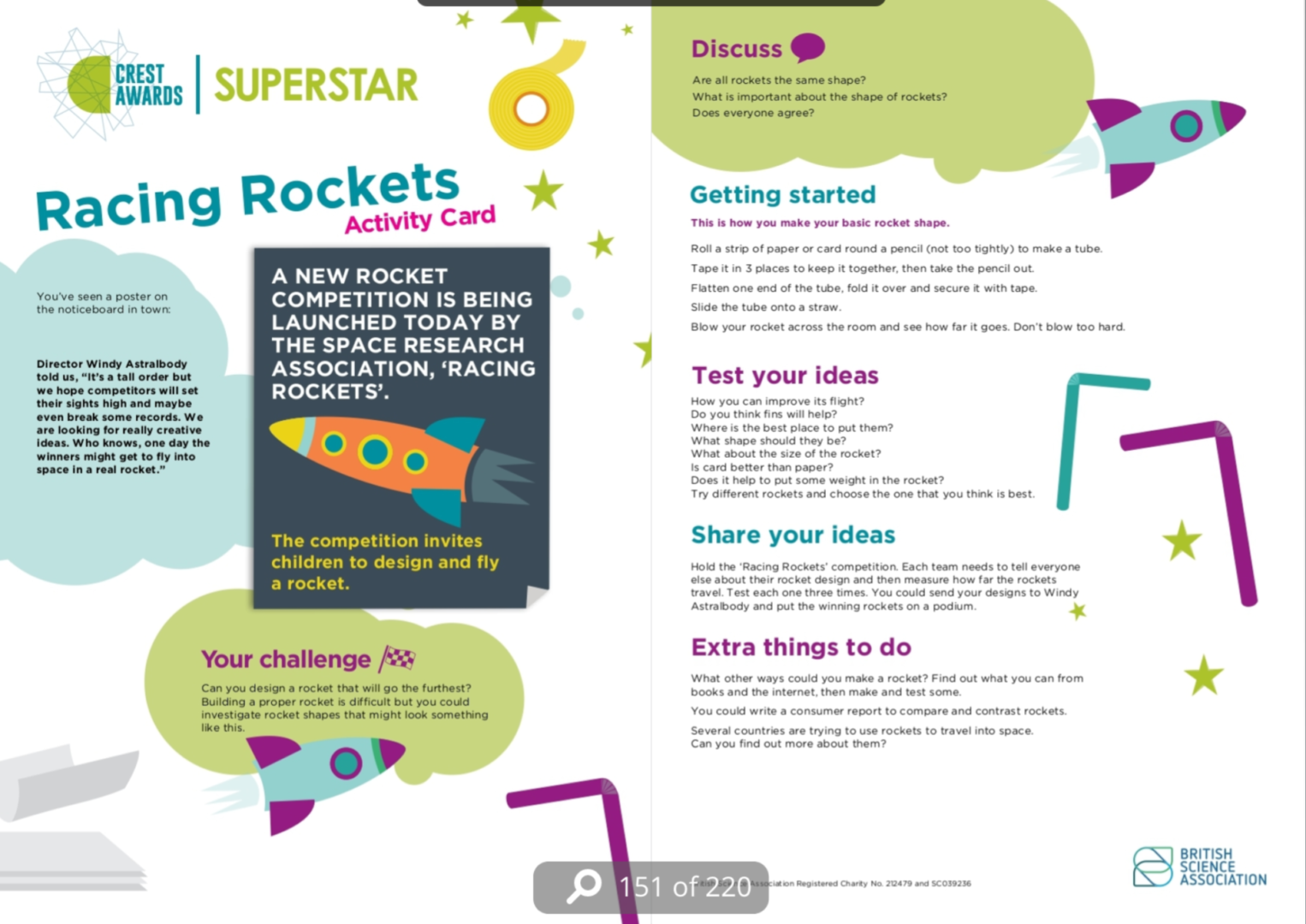
The CREST Awards are a great way to do STEM activities and reward your pupils for their work, and lots of the resources are based on engineering. The SuperStar Challenges Collection for primary schools features over 40 challenges and to carry them out you don’t need any specialist knowledge or equipment. Each one comes with information for the teacher, which includes tips and extension activities, and worksheets for the pupils.
It’s here:
http://primarylibrary.crestawards.org/#SuperStar
Just in case you have no time to look at them all, then here is one that is quick and easy to get you started – Racing Rockets, on page 151:
http://primarylibrary.crestawards.org/all-superstar-challenges/61747644
5. Do You Know?
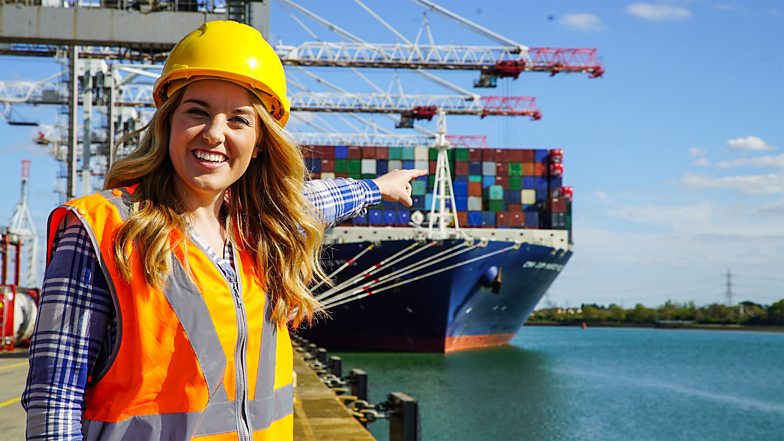
Do You Know, from the BBC is the perfect go-to programme whatever your choice of STEM topic. Presenter Maddie Moate takes us through how over 90 things are made or how they work. Personally, I love the camera work, from underwater filming to heat-sensing cameras, plus a segment where they put a camera in a dishwasher whilst it’s working.
The reason I think it’s so brilliant is that it’s often difficult to illustrate primary science with real world ideas. Here, Maddie and her team do it for you. Teaching forces? Then don’t miss the episodes on cranes or helicopter rotors. Light? Then watch the episodes on glasses or reflective strips. The series shows diverse, but relevant, examples and I learnt loads of interesting stuff.
